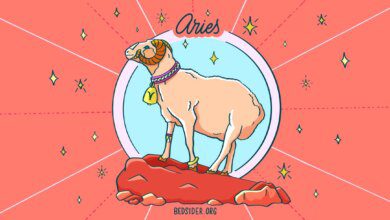How to Survive the Great Progesterone Crash of Perimenopause

In your forties, you may find that you can’t handle stress as well. This happens because progesterone can be lost during perimenopause destabilize the HPA (adrenal) axis or stress response system.
This recalibration of the nervous system is why perimenopause is associated with a increased risk of anxiety, depression, and insomnia.
👉🏽 Tip: HPA axis dysregulation is the medical term for “adrenal fatigue.”
Progesterone helps the brain cope with stress
By converting to useful neurosteroids allopregnanolone (ALLO), progesterone calms GABA receptors and stabilizes the HPA (adrenal) axis. It also promotes neurogenesis (new nerve growth) in the hippocampus which further supports a healthy HPA (adrenal) axis.

Progesterone decreases in perimenopause
In perimenopause, progesterone declines before estrogen.

In a fascinating study called “Estradiol and progesterone as markers of stability,” researchers found that lower progesterone levels in perimenopause were associated with lower life satisfaction, higher perceived stress, and higher risk of depression and anxiety. The same is not true for lower estrogen.
How to support your nervous system during perimenopause
More rest and self-care. You are in a bad time, but it won’t last forever. You have permission to slow down and take care of yourself until you reach menopause. An easy way to promote relaxation is to activate the vagus nerve and parasympathetic nervous system.
Magnesium is a powerful stress reliever. It boosts GABA, blocks glutamate, reduces adrenaline, regulates cortisol, and promotes sleep. If you take a supplement during perimenopause, let it be magnesium. (See 8 ways magnesium saves hormones.) Magnesium glycinate is the best kind because the amino acid glycine has its own calming effects.
Taurine is an amino acid and neurotransmitter that calms the brain by boosting GABA and blocking glutamate and adrenaline. Estrogen depletes Taurine, so Women have a higher need for taurine than men. I usually prescribe a combination of magnesium and taurine for my perimenopausal patients.
Reduce histamine and mast cell activation through avoiding cow’s dairy and alcohol and maybe take an anti-histamine on bad days. Read The role of mast cells and histamine in PMS and PMDD.
Ashwagandha (also called Withania somnifera) is an “adaptogen” that reduces neuroinflammation in the hippocampus and stabilizes the HPA axis. It also reduces anxiety and promotes sleep (hence the Latin name somnifera or “sleepy”).
Progesterone. Finally, oral micronized progesterone The capsules are an effective treatment for many perimenopause symptoms including anxiety and insomnia. See the guide to using progesterone for women’s health.






